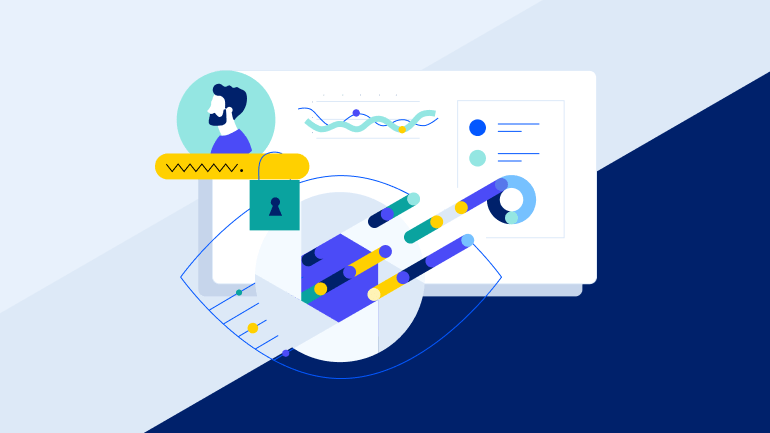Filip Cerny
Product Marketing Manager
View all posts from Filip Cerny on the Progress blog. Connect with us about all things application development and deployment, data integration and digital business.
Articles by the Author
After a Ransomware Infection – Enhancing Security for Your Infrastructure Against Further Intrusion
In a previous blog, we outlined the essential steps that organizations should take within the first two days after the detection of a ransomware attack. In this follow-up post, we’ll discuss what an organization should do after the initial response to reduce the risks of future attacks. We’ll also highlight how Progress Flowmon can support ongoing network monitoring, early detection of attacks and reduction of further damage.
The First 48 Hours of Ransomware Incident Response
The initial response to a ransomware attack is crucial for determining the damage in terms of downtime, costs, data loss and company reputation. The sooner you detect the activity associated with ransomware, the sooner you can slow its spread. From there, you can take remedial actions to significantly reduce the effects of the attack.
In this blog, we’ll outline key steps organizations should take during the first 48 hours after a ransomware infection is detected. We’ll link to a recent Progress Flowmon webinar on the topic that also discusses how national recommendations and regulatory frameworks, such as NIST and NIS2, provide guidance on cyber responses. The webinar outlines how Flowmon solutions can help with early detection and response to ransomware attacks.
The Cybersecurity Threat Landscape in 2024
Over the last few years, the number and severity of cyberattacks against organizations have significantly increased. These attacks come in various forms, including ransomware, distributed denial-of-service (DDoS), data breaches, insider threats and many more.
Despite the best efforts of many cybersecurity professionals to minimize these threats, it appears there will be no decrease in the threat level in 2024. As a result, cybersecurity teams are under immense pressure to reduce the risk to their organizations. They need to focus on identifying and mitigating the most significant threats that will likely occur in 2024 and in the future.
Introducing Historical trends to enable proactive problem detection and informed decision making
Historical Trends is a new functionality introduced with Flowmon 12.3 that will enable you to easily compare your current network traffic with historical values and gain new valuable insights.
What is new in Flowmon 12.3 & ADS 12.2
At Progress Flowmon, we continue to develop and improve the Flowmon product family. The latest update takes the core Flowmon product to release 12.3 and updates our industry-leading Anomaly Detection System (ADS) to version 12.2.
In this blog, we highlight several of the improvements.
What is MITRE ATT&CK and How to Use the Framework?
The cybersecurity threat landscape constantly changes as attack methods increase in frequency and sophistication. Having a complete view of the threat landscape and the techniques that attackers use is difficult. Several frameworks are available to classify bad actors’ tactics and techniques to assist defensive strategy planning and tactical operations.

Latest Stories in Your Inbox
Subscribe to get all the news, info and tutorials you need to build better business apps and sites
